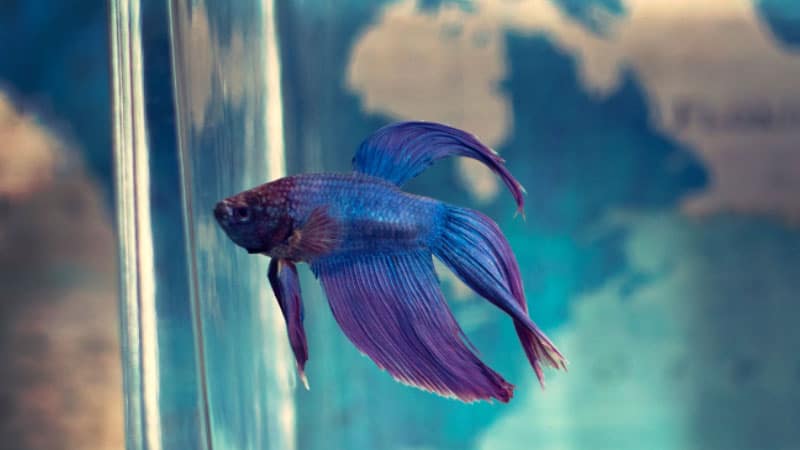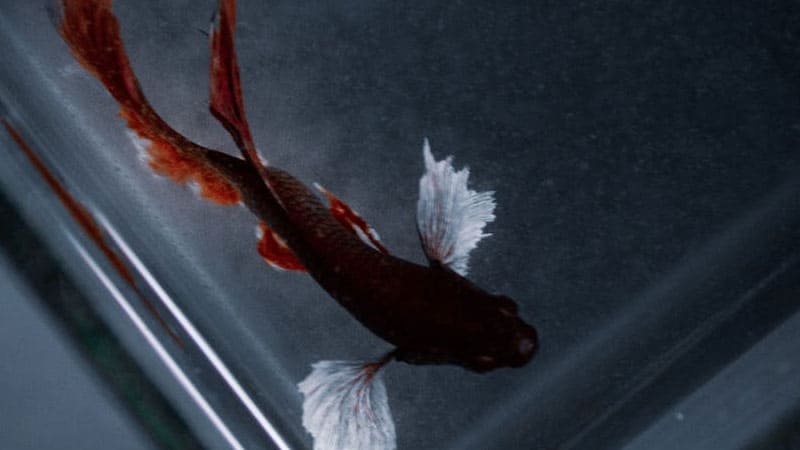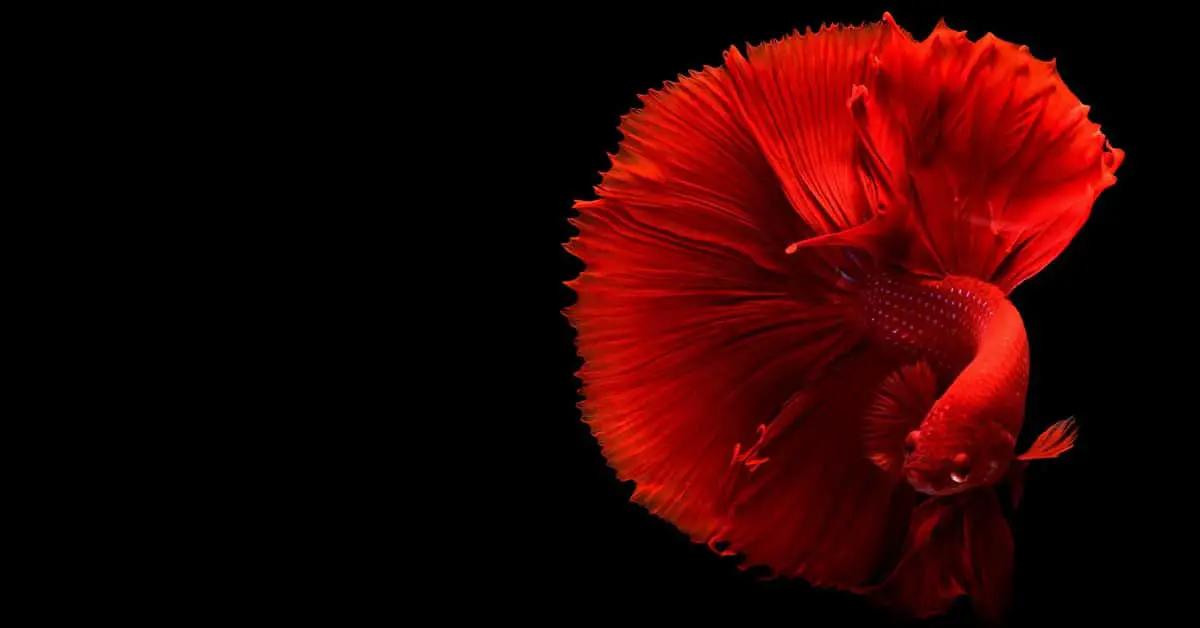When you’re transporting your betta fish you want the move to be the least stressful as possible. While betta fish can survive long car rides, you need to take precautions to make the ride safe and comfortable.
Betta fish can survive long car rides. To improve their chances of survival, keep the water clean, regularly allow in fresh air, and keep the temperature warm. Fast the fish a day before travel to prevent bloating and production of waste.
Betta fish are among the most popular freshwater tropical fish suitable as pets. They are colorful, vibrant, and exciting to watch. When you need to move from one home to another, you’ll most likely want to take them along. A road trip offers one of the best chances for your betta to arrive at your destination safe, healthy, and stress-free.
Can Fish Survive Car Rides?
Betta fish can survive car rides, especially if it’s on smooth roads. Rough back roads can cause some stress but with proper care and planning, the fish can still survive stress-free. When preparing to transport your betta fish by road, here are some conditions you need to prioritize.
Water Conditions
Your bettas need clean fresh dechlorinated water. The pH needs to be between 6.8 and 7.5. About two or three days before travel, change about 40 percent of your water from your aquarium to make the water fresher. You may also treat the water with a Water Conditioner a few days before you add it to the aquarium.
On the day of travel, use the aquarium water to transport your betta fish. The earlier water change was to keep ammonia levels down. You’re using the aquarium water so the betta fish remain in a familiar environment.
Motion

Betta fish prefer calm water. Thus, if possible, choose your route with a preference for smooth roads. Potholes and non-graded roads can cause your bettas some turmoil and distress. In case you can’t avoid rough roads, please drive slowly.
If you’re not the driver, it may help if you hold the container in your lap. That way, you can mitigate the effects of sharp corners or sudden car movements.
Container
Betta fish are jumpers, so you’ll need to use a closed container. A clear container is best so you can check on the condition of your betta fish during the trip without having to open inside. In case you know you’ll one day need to transport your betta fish, then save the cup you bought them in.
When picking a container, some other alternatives would be clean unused clear plastic bags, Ziploc bags, or clear Tupperware. Avoid any containers or plastics which have been used by humans. They may contain food particles, spices, cooking oils, and soap.
For Tupperware, the lid should ideally twist on rather than snap. If you opt for plastic bags, double-bag to avoid leakage accidents.
Feeding
Your initial instinct would be to overfeed your betta fish so they don’t get hungry along the way. That would be the wrong call. Overfeeding can kill your fish even when you’re not traveling.
12 hours before starting your journey, stop feeding your betta fish. When fish are stressed during the journey, they can’t pass waste and will feel bloated. Also, if you feed the fish and they produce waste, they will pollute the little traveling water, decreasing their chances of survival.
Light
Betta fish thrive in the dark. Even though you want to transport them in a clear container, you don’t want to expose them to harsh daylight and bright car lights.
Thus, keep the container in a bigger, second container and cover it with a blanket or towel. This will also reduce the noise and vibration levels. The extra container and towel will also protect you and your car from water spillage.
Companionship

A common mistake by betta fish owners is to transport all of them in one container so they are not ‘lonely’ during the trip. Male bettas are highly territorial and will terrorize each other. It’s better to transport each fish in its own container.
Additionally, transporting multiple fish in one container makes resources such as oxygen scarcer than if each fish was on its own. You can put multiple small containers alongside each other inside one big covered cooler box.
Can Betta Fish Survive Long Car Rides?
Betta fish can survive long car rides even running up to a few days. If you change the water before traveling, then the water won’t need changing for a couple of days. If you think your journey will last more than three days, bring along some extra water from the aquarium. You can change the water on the third or fourth day.
Another consideration is food. While it’s better to transport betta fish when they’re fasting, you can’t keep them hungry indefinitely. After the first 48 hours, you will have to feed them. You can halve their regular portion until you arrive at your destination.
The third important factor is oxygen. Don’t blow from your mouth into the container to add air. Depending on the size of the container, open the lid every six to eight hours. This lets in fresh oxygen and lets out carbon dioxide.
How Do You Transport Betta Fish in A Car Long Distance?
- Don’t fill up the container with water up to the brim. Leave some space for oxygen to circulate to provide your fish air to breathe.
- Fill in water only three quarters of the way instead of to the very top. It will slosh around less with the movement of the car.
- Transport each betta fish in their own container even if they’re used to living together in one aquarium.
- The car can get very warm or hot inside. To better regulate temperatures for your fish, put your container inside a cooler box. Consider having a thermometer inside to keep an eye on temperature changes.
- Once you arrive at your destination, set your fish up back into an aquarium. Fill the aquarium with fresh dechlorinated water.
- Keep the destination aquarium dark for several hours to allow your betta fish to relax and acclimate to their new surroundings.

